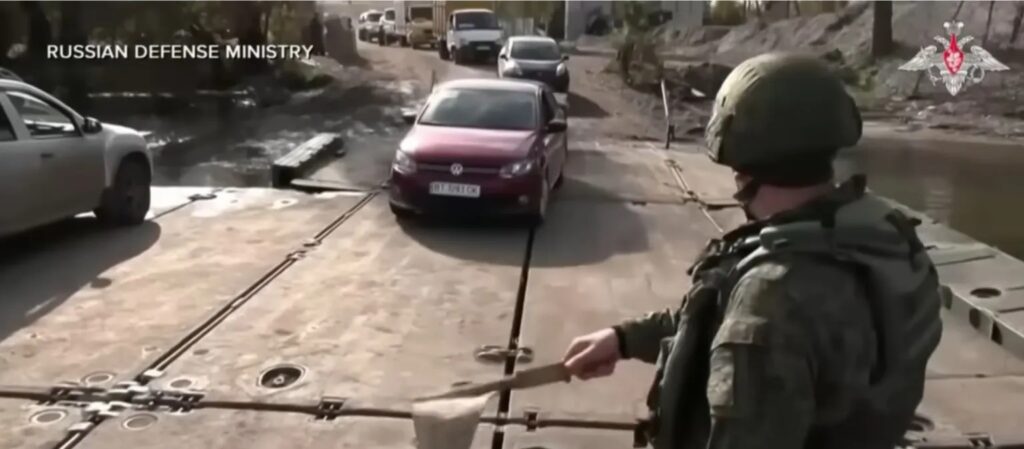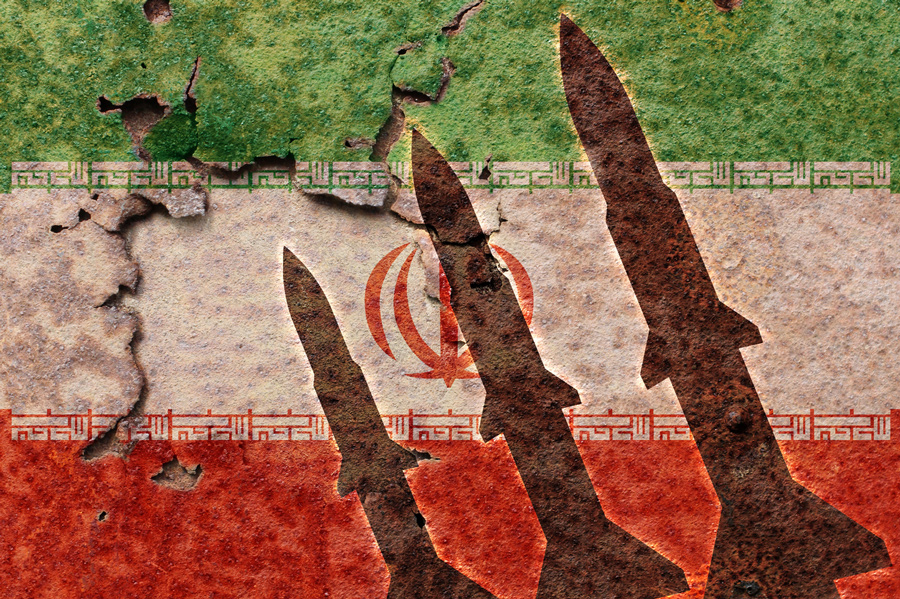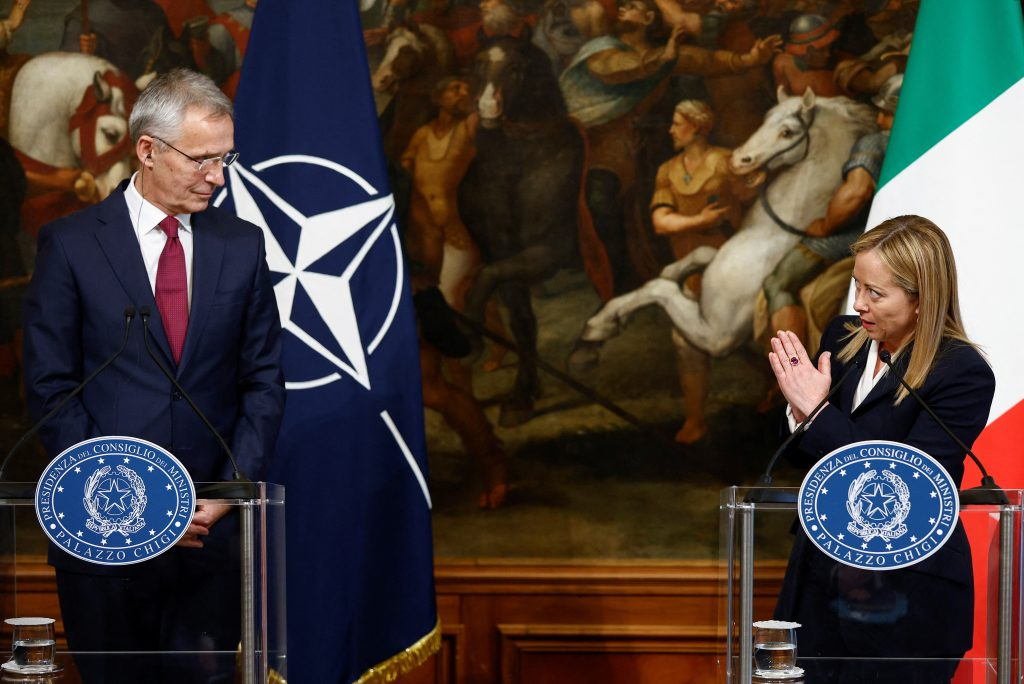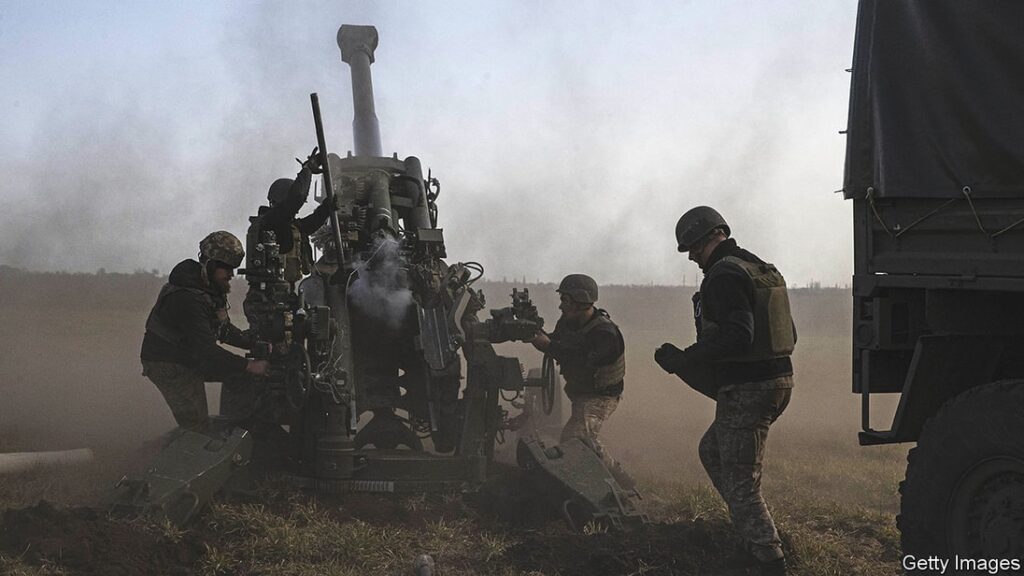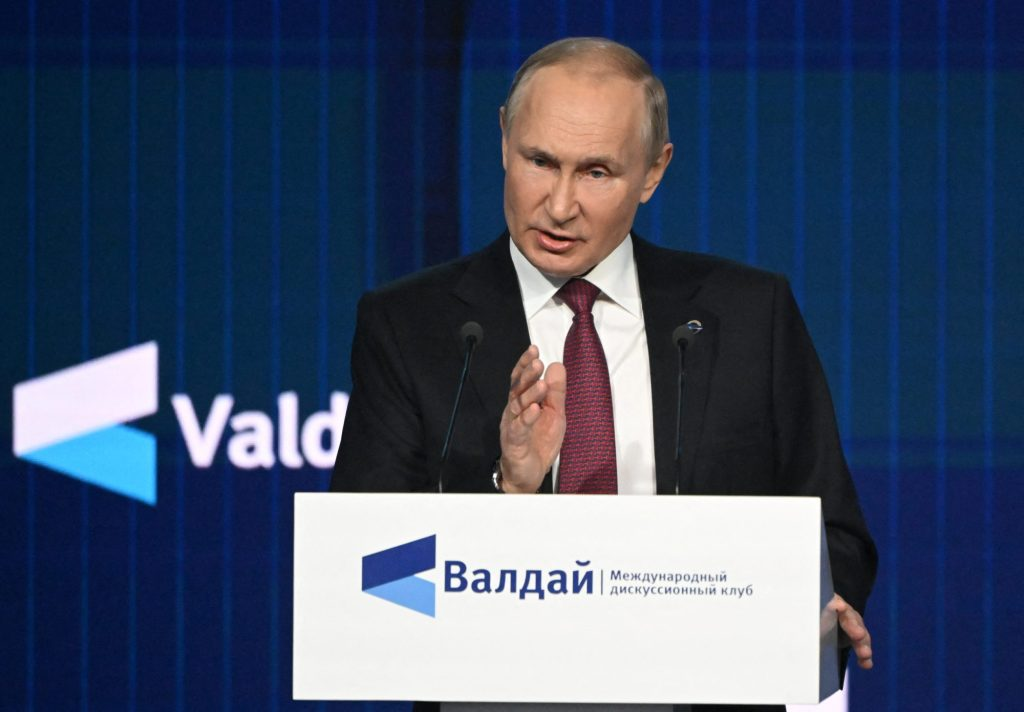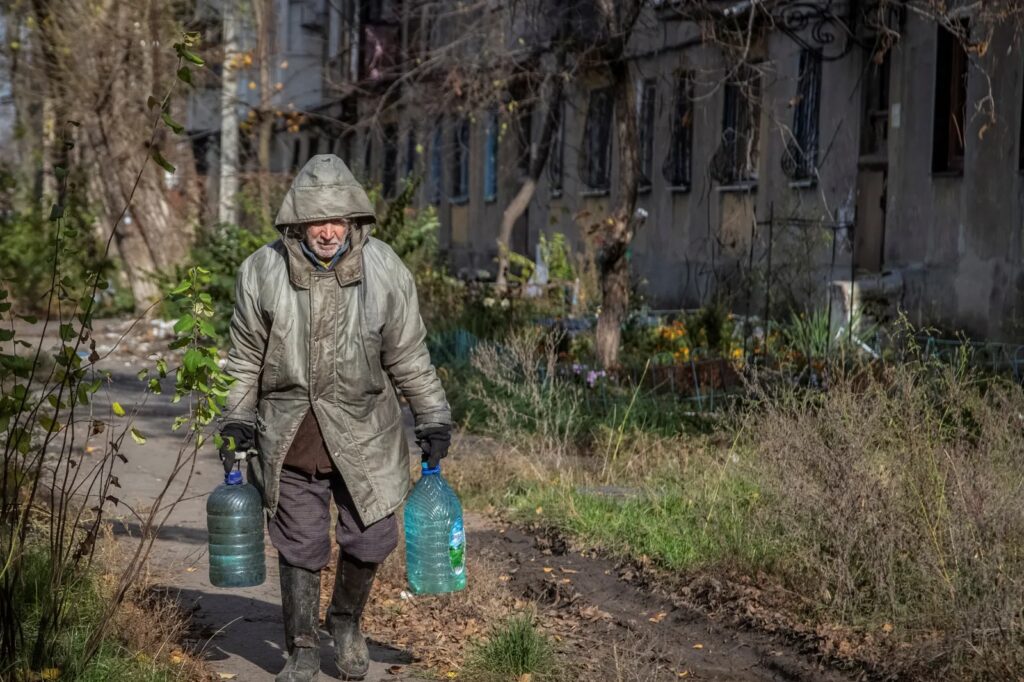Ukraine FM: Moscow playing ‘hunger games’ with world
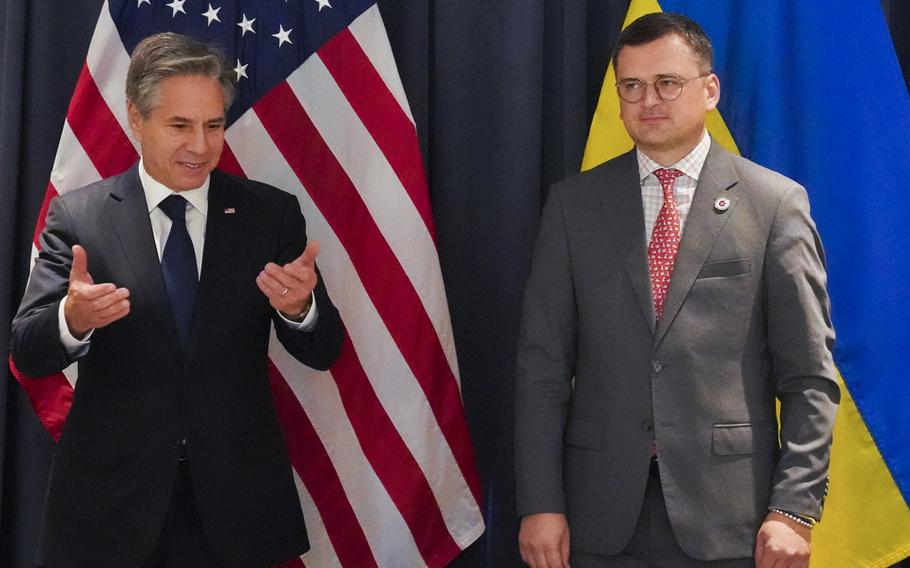
Ukraine’s Foreign Minister Dmytro Kuleba pressed Southeast Asian countries for political and material support in his county’s fight against Russia, while accusing Moscow on Saturday of playing “hunger games” with the world by holding up shipments of Ukrainian grain and other agricultural products.

